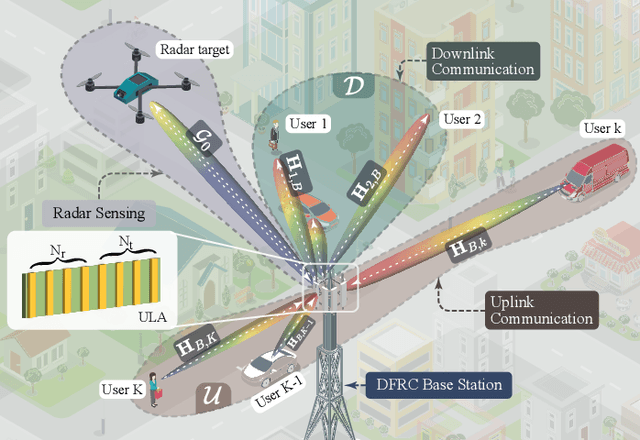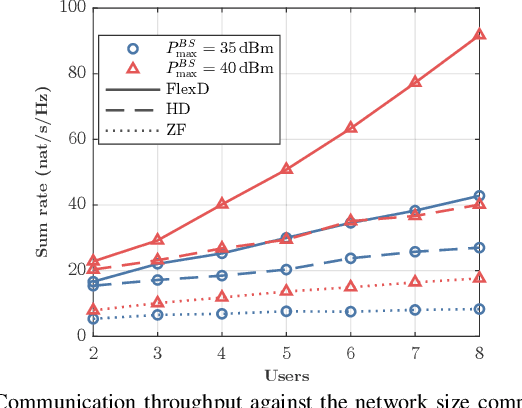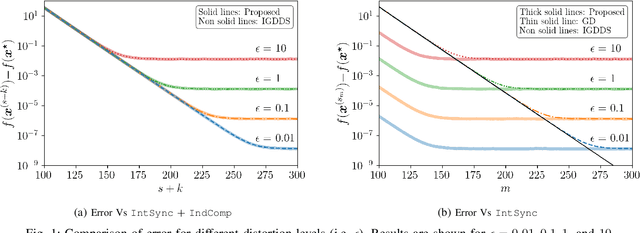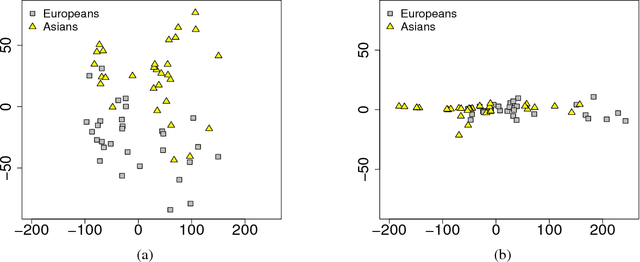Chathuranga Weeraddana
6G Resilience -- White Paper
Sep 10, 2025



Abstract:6G must be designed to withstand, adapt to, and evolve amid prolonged, complex disruptions. Mobile networks' shift from efficiency-first to sustainability-aware has motivated this white paper to assert that resilience is a primary design goal, alongside sustainability and efficiency, encompassing technology, architecture, and economics. We promote resilience by analysing dependencies between mobile networks and other critical systems, such as energy, transport, and emergency services, and illustrate how cascading failures spread through infrastructures. We formalise resilience using the 3R framework: reliability, robustness, resilience. Subsequently, we translate this into measurable capabilities: graceful degradation, situational awareness, rapid reconfiguration, and learning-driven improvement and recovery. Architecturally, we promote edge-native and locality-aware designs, open interfaces, and programmability to enable islanded operations, fallback modes, and multi-layer diversity (radio, compute, energy, timing). Key enablers include AI-native control loops with verifiable behaviour, zero-trust security rooted in hardware and supply-chain integrity, and networking techniques that prioritise critical traffic, time-sensitive flows, and inter-domain coordination. Resilience also has a techno-economic aspect: open platforms and high-quality complementors generate ecosystem externalities that enhance resilience while opening new markets. We identify nine business-model groups and several patterns aligned with the 3R objectives, and we outline governance and standardisation. This white paper serves as an initial step and catalyst for 6G resilience. It aims to inspire researchers, professionals, government officials, and the public, providing them with the essential components to understand and shape the development of 6G resilience.
Opportunistic Beamforming and Dynamic Scheduling for Multi-User MIMO-ISAC Systems
Apr 06, 2025


Abstract:This research presents a novel framework integrating Flexible-Duplex (FlexD) and Integrated Sensing and Communications (ISAC) technologies to address the challenges of spectrum efficiency and resource optimization in next-generation wireless networks. We develop a unified system model for a dual-functional radar-communication base station with multiple-input multiple-output capabilities, enabling dynamic uplink and downlink channel allocation. The framework maximizes network throughput while maintaining radar sensing performance, subject to signal-to-clutter-plus-noise ratio (SCNR) requirements and power constraints. Given the non-convex and combinatorial nature of the resulting optimization problem, we propose an iterative algorithm that converges to a locally optimal solution. Extensive simulations demonstrate the superiority of the proposed FlexD-ISAC framework compared to conventional half-duplex networks. Additionally, sensitivity analyses reveal the impact of SCNR requirements and power constraints on system performance, providing valuable insights for practical implementation. This work establishes a foundation for future research in dynamic, resource-efficient wireless systems that simultaneously support sensing and communication capabilities.
On the Convergence of Inexact Gradient Descent with Controlled Synchronization Steps
Aug 16, 2022
Abstract:We develop a gradient-like algorithm to minimize a sum of peer objective functions based on coordination through a peer interconnection network. The coordination admits two stages: the first is to constitute a gradient, possibly with errors, for updating locally replicated decision variables at each peer and the second is used for error-free averaging for synchronizing local replicas. Unlike many related algorithms, the errors permitted in our algorithm can cover a wide range of inexactnesses, as long as they are bounded. Moreover, the second stage is not conducted in a periodic manner, like many related algorithms. Instead, a locally verifiable criterion is devised to dynamically trigger the peer-to-peer coordination at the second stage, so that expensive communication overhead for error-free averaging can significantly be reduced. Finally, the convergence of the algorithm is established under mild conditions.
Critical Points to Determine Persistence Homology
May 16, 2018



Abstract:Computation of the simplicial complexes of a large point cloud often relies on extracting a sample, to reduce the associated computational burden. The study considers sampling critical points of a Morse function associated to a point cloud, to approximate the Vietoris-Rips complex or the witness complex and compute persistence homology. The effectiveness of the novel approach is compared with the farthest point sampling, in a context of classifying human face images into ethnics groups using persistence homology.
 Add to Chrome
Add to Chrome Add to Firefox
Add to Firefox Add to Edge
Add to Edge